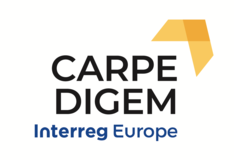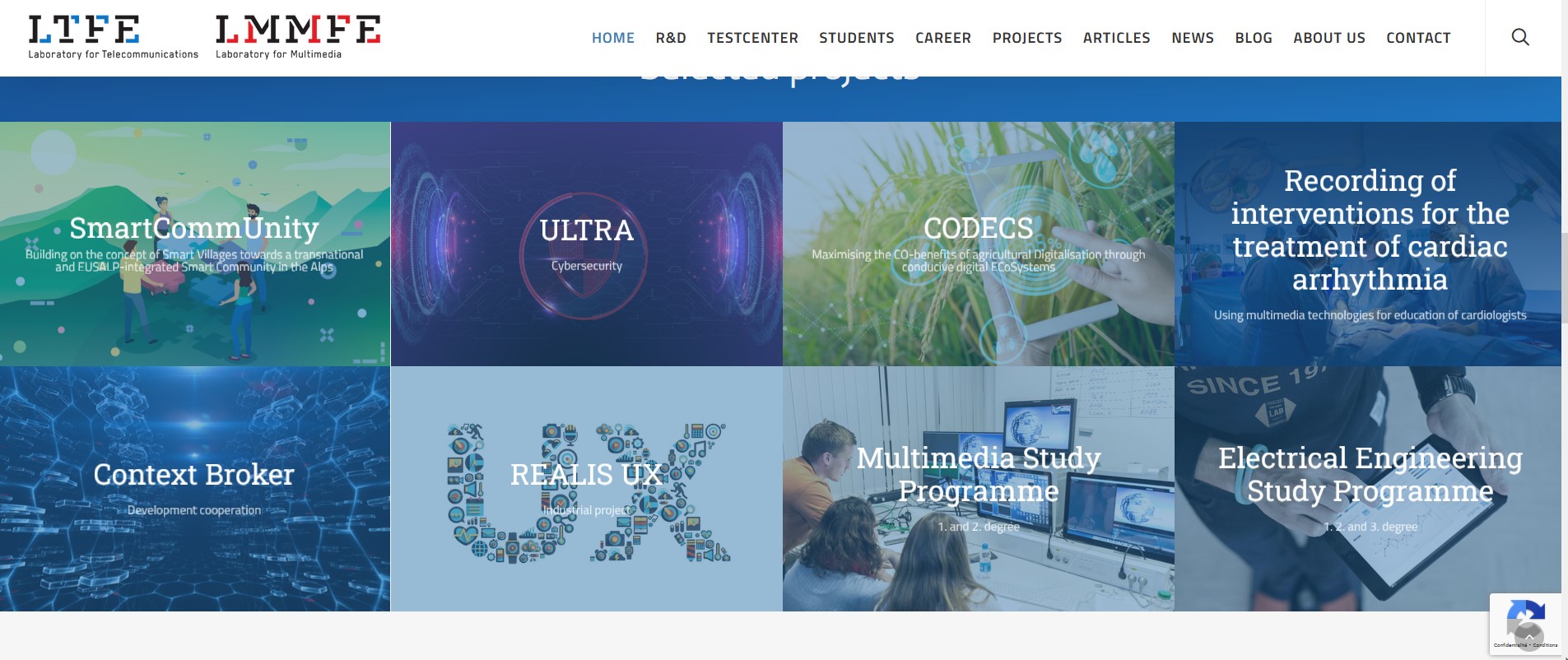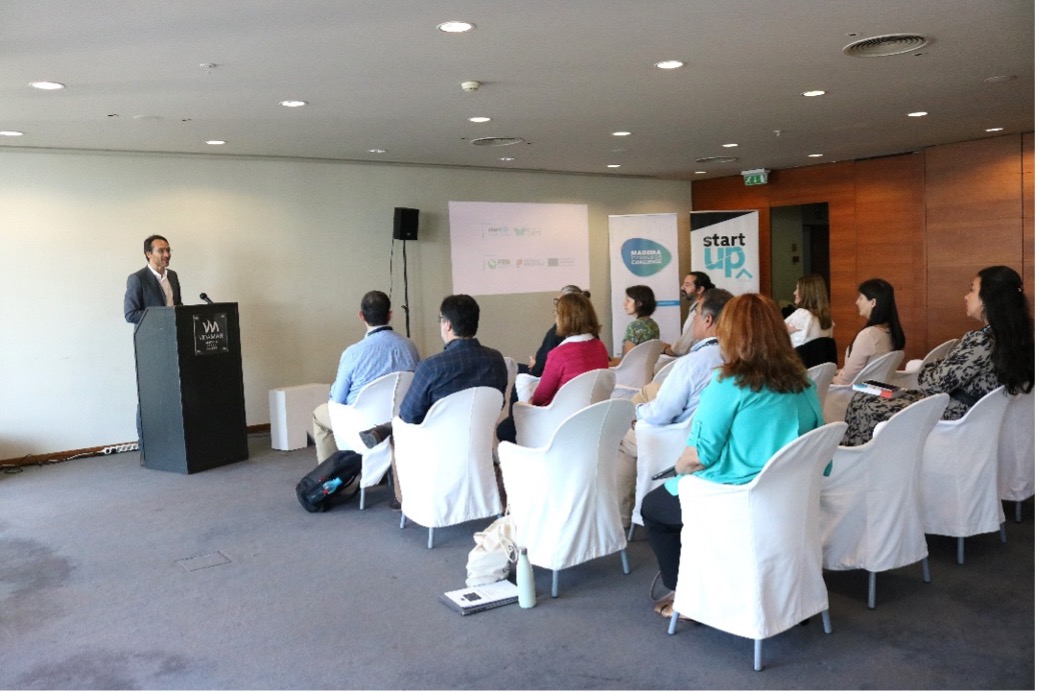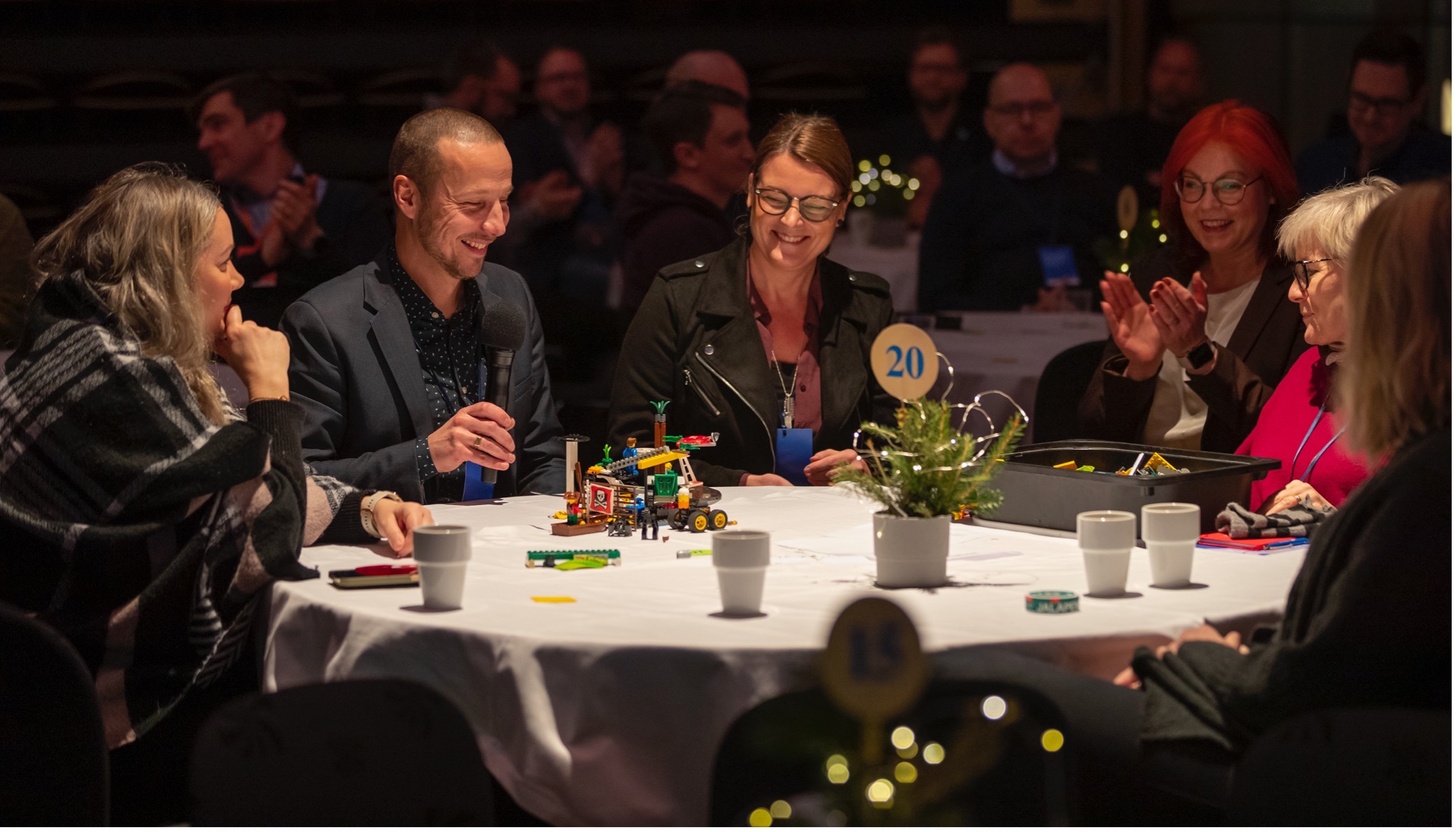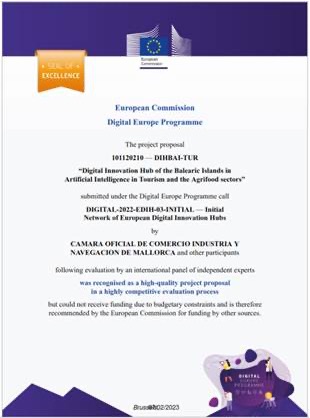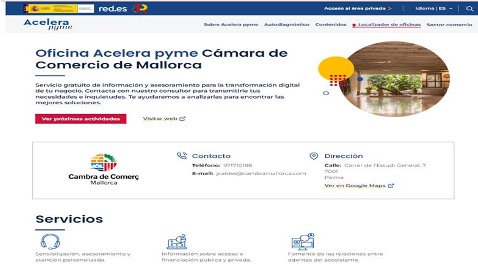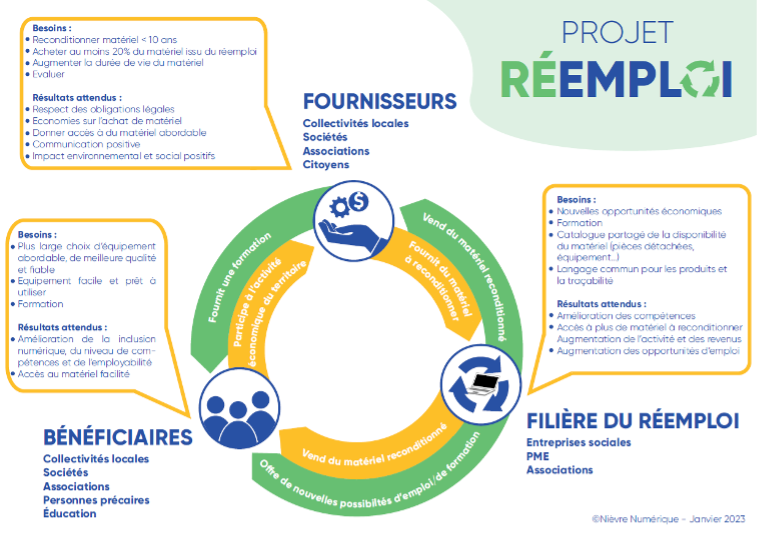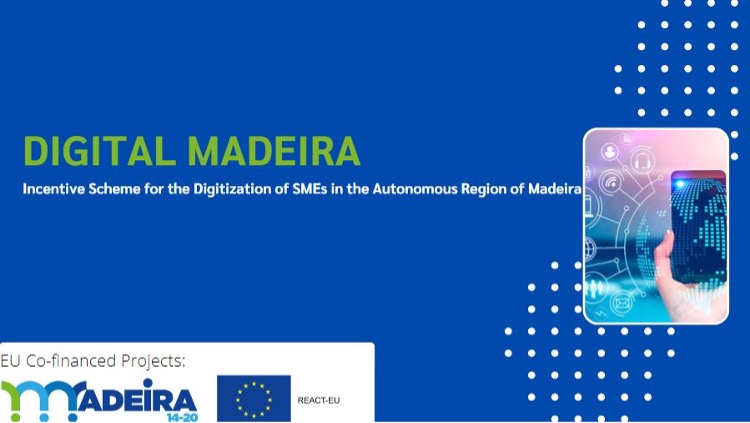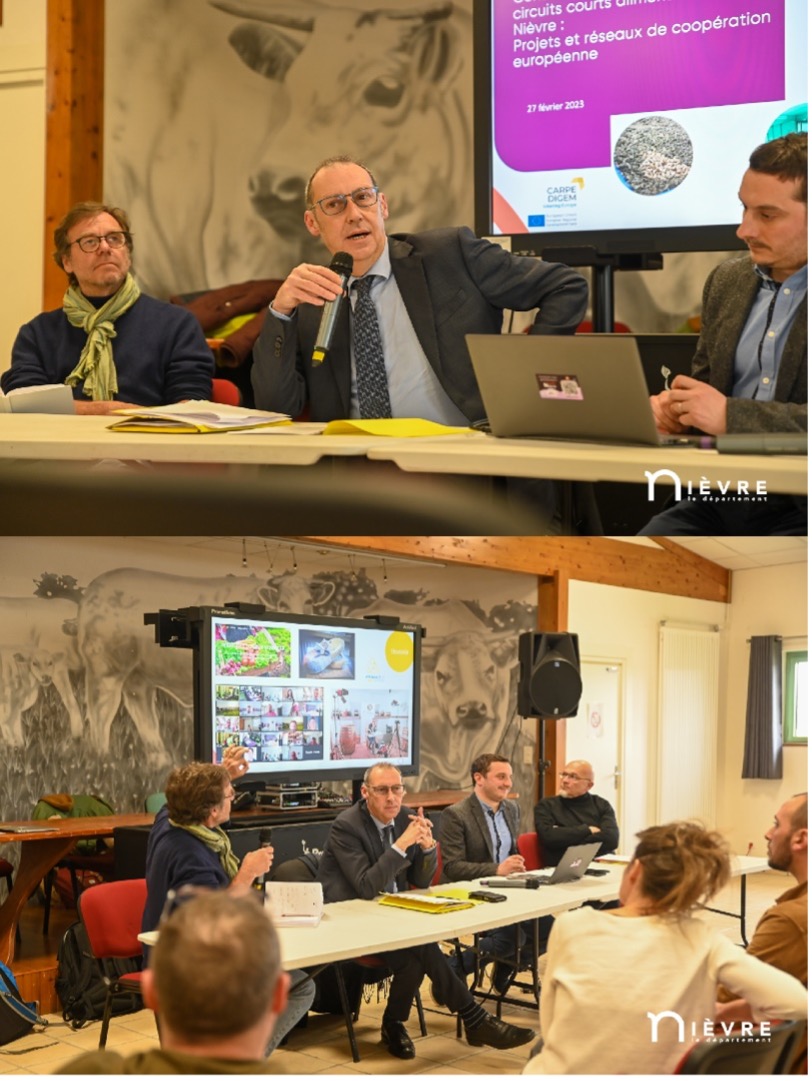Tourism has been one of the hardest hit industries by COVID-19 and is evolving to reduce its contribution to climate change and meet the new social, digital and environmental objectives of the European Green Deal.COVID 19 losses in tourism range from 60 to 80% and it is expected that Tourism will be the last industry to recover, looking towards 2022-2023. Digital Innovation Hubs and wider Digital Innovation Ecosystems (DIGEMs) are providing solutions to the challenges of the sector
CARPE DIGEM partners and stakeholders will explore in the Webinar how Digital Innovation reinforced by local and international cooperation can help tourism to evolve in the face of these challenges and contribute to boosting the economic and social resilience of rural and peripherical communities.
The four key themes tackled:
Safety, security and well being
Sustainability (economic, social, cultural and environmental)
Digital transformation
Policy Change and Strategies to support the evolution of the sector
PROGRAMME
11.00 CET Introduction COVID, Climate change + Green Deal
The new parameters for the evolution of tourism: Safety, Sustainability and Digital Transformation and how Digital Innovation Ecosystems (DIGEMs) can support this transition.
Clive Peckham: Project Manager CARPE DIGEM (Nièvre Numérique, Fr) and Dolores Ordóñez TURISTEC/AnySolution, Mallorca
CARPE DIGEM Good Practice
11.10 “Safety, security and well-being and digital innovation”
Tourists need to be reassured that:
• Health risks are minimised in travelling and during the stay
• If there are problems these will quickly and easily dealt with
• The ‘relax + enjoy’ factor of holidaying is not diminished.
Two CARPE DIGEM good practices:
A. Madeira: SAFE Madeira (with a practical demonstration!): Tourism tech versus COVID19! Miguel Campos, CEO of WOW SYSTEMS (Madeira)
B. Mallorca: Safe Beaches App, a solution for safe and smart destinations
(with a practical demonstration!): Pedro Homar, director Foundation Palma 365
11.30 “Sustainability and digital innovation: How to optimise impact on the local economy, communities and environment”
• Local supply chains – accessing ‘local’ products and markets (B-B & B-C)
• Minimising climate impact – travel/transport/energy/circular economy
• Cultural, environmental and social ‘sensitivity’ – enhancing the experience and impact for both tourists and locals
• ‘New horizons’ Changing or widening the customer base to ‘local’ or national visitors and attracting permanent or ‘part-time’ residents)
a) Slovenia: Meet the Local Producer Platform (Emilija Stojmenova, University of Ljubljana): New ways of seeking sustainable supply chain solutions and promoting tourism
b) Mallorca: Circular Hotels (Mallorca Hotels Federation) : Circularity generating synergies between Tourism and Agri-food (coordination of green waste recovery for composting for use in horticulture and then hotels buying the produce! Maria Frontera, President Hotels Federation of Mallorca (FEHM)
c) Ireland: Digital participatory tools for sustainable tourism (Catriona Strange, ERNACT): The North West Region in Ireland is engaging with their communities and tourists to preserve their cultural and natural heritage, two important pillars for tourism in the North West Region in Ireland.
d) Essayez la Nièvre/Let’s try the Nièvre (Sophie Lacour, Nièvre Attractive)
Territorial marketing and promotion to attract both new tourists and new residents to the County - An initiative of the COVID 19 recovery plan
e) A CARPE DIGEM Sustainable ‘SNAPSHOT’ from Northern Sweden
12.15 How policy is evolving to meet the challenges – snapshots of Policy change and strategies from CARPE DIGEM partners
Bulgaria (Ministry of Economy); Mallorca, Madeira (Duarte Freitas, the President of IDE, IP-RAM) and Slovenia (Janja Viher, Štajerska Tourism)
12.30 Round Table and Interactive session
Tourism as Local and European strategy to meet the challenges of COVID-19, climate change
and the social, digital and environmental objectives of the European Green Deal:
1. What are the roles of Digital Innovation Hubs and wider digital transformation to enable the tourism sector to evolve and to become more (economically and socially resilient)
2. What is your vision for the Tourism sector in 2030 and how does it address the challenges identified today
3. How do we ensure that there is an effective European strategy for tourism and increase interaction with other key economic and social sectors, between SME’s and stakeholders in Tourism
Panel Members: Dolores Ordoñez, CARPE DIGEM/TURISTEC Mallorca; Janja Viher, Štajerska Tourism, Slovenia, Elena Angiolini: Programme officer, Technologies and Systems for Digitising Industry. DG-CNECT, European Commission
Register in advance for this meeting:
uni-lj-si.zoom.us/meeting/register/tJMsf-CpqDkuE9eVBQWd-gYvSDfVgLPlsedb
After registering, you will receive a confirmation email containing information about joining the meeting.
